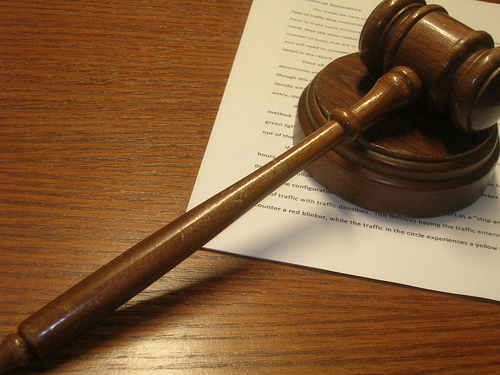The Foreign Intelligence Surveillance Court (FISC), America’s super-secret spy court, has finally revealed the legal justification for the National Security Agency’s phone record dragnet program. According to the decision, judges had declared that every single call record was relevant to the fight against terrorism, and thus legal for spy agencies to collect en masse. Perhaps most importantly, telecommunications companies never challenged the NSA’s authority to collect the data.
FISC Judge Clair Eagan explained why the NSA could collect phone records (meta data) under section 215 of the The Patriot Act: “Because it is necessary to obtain the bulk collection of a telephone company’s metadata to determine those connections between known and unknown international terrorist operatives as part of authorized investigations, the production of the information sought meets the standard for relevance under Section 215.”
Specifically, the court relied on a 1976 case, Smith v. Maryland, which held that because callers use a third party (a telephone company) to transmit their signal, they cannot expect total privacy. Additionally, the government is not “searching” the number specifically, only collecting it in bulk.
“The Supreme Court conclude that a person does not have a legitimate expectation of privacy in telephone numbers dialed, and there, when the government obtained that dialing information, it ‘was not a ‘search,’ and no warrant was required,” she explained.
Perhaps even more important, none of the telephone companies opposed the ruling. “To this date, no holder of records who has received an Order to produce bulk telephony metadata has challenged the legality of such an Order,” explains the ruling. “Indeed, no recipient of any Section 215 Order has challenged the legality of such an Order, despite the explicit statutory mechanism for doing so.”
No shocker, civil rights groups are outraged. “It’s disappointing that the telecoms did not stand up for their users,” Electronic Frontier Foundation lawyer, Kurt Ospahl, told Wired.
President Obama has promised significant reforms to the NSA surveillance practices and is awaiting recommendations from an independent task group. Any reforms will likely wait until the group has submitted its findings.
